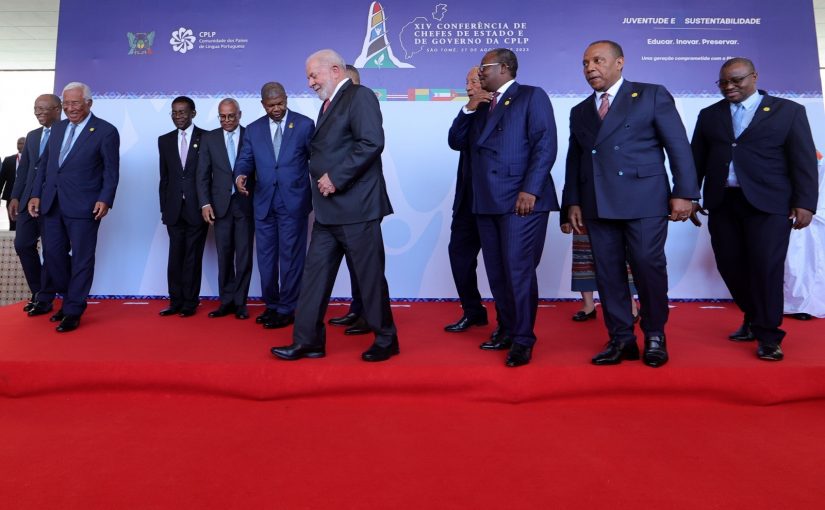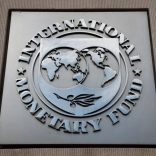Brazilian judge places ex-president Bolsonaro under house arrest
CPLP: Leaders recommend ‘youth mobility’ at Sunday summit

Image: Lusa
Sunday in Sao Tome saw the heads of state and government of the CPLP recommend “youth mobility” and the promotion of an”exchange programme” to “strengthen dialogue, the exchange of experiences and networking”.
The recommendation, which came out of the 14th Conference of Heads of State and Government of the Community of Portuguese-Language Countries (CPLP), held today in Sao Tome under the slogan “Youth and Sustainability in the CPLP”, aims to implement “programmes and initiatives in the fields of education, training, culture, associations and voluntary work, sport, human rights and sustainable development”.
To this end, the heads of state and government encourage increased “community co-operation for the development and wide dissemination of training and capacity building opportunities for young people on biodiversity conservation, fair and inclusive energy transition, sustainable development in its three dimensions – social, economic and environmental – and the promotion of “initiatives to create networks of students and young professionals using electronic platforms or information exchanges”.
In the approved declaration, the conference also recommended “the creation of a dialogue network to promote a concerted response to the aspirations and interests of young people with regard to the protection and conservation of the environment and biodiversity”.
The CPLP leaders also encouraged “the sharing of good practices and experiences on public policies and regional and multilateral processes for empowering and valorising youth and sustainability” that integrate “the right to education and other civil, political, economic, social and cultural rights and encouraging the participation of young people at all levels of decision-making processes”.
The heads of state and government reaffirmed the urgency of “progressively creating conditions aimed at increasing the number of young people attending education and training systems and capacity building actions” in order to “promote youth entrepreneurship and decent employment, as well as building life projects that are guided by universal and humanist benchmarks”.
In terms of external relations, the conference encouraged the “creation of synergies” by bringing the CPLP “closer to other regional and multilateral spaces and to civil society” in order to identify and implement joint activities in the field of youth and sustainability.
The leaders also expressed their satisfaction with “the initiative to negotiate a CPLP Charter of Rights and Principles in Digital Environments which, once adopted, “will contribute to the strengthening of other fundamental rights provided for in international treaties and incorporated into the national laws of member states”.
The Heads of State and Government recommend that the drafting of the future CPLP Charter of Rights and Principles in Digital Environments should promote its articulation and compliance with the assumptions of the Digital Agenda for the CPLP to “enhance cooperation and dialogue with different development partners to accelerate the process of digital transformation in the CPLP”.
The appropriate time for the approval and adoption of the CPLP Charter of Rights and Principles in Digital Environments is the last quarter of 2023, with the Lusophone leaders considering that the document “will contribute to promoting cooperation for the digital transformation of the CPLP, in an ethical and sustainable manner, and for building a person-centred, fair, equitable, inclusive and secure Information Society (IS), in line with the United Nations 2030 Agenda for Sustainable Development”.
Created in 1996, the CPLP currently includes Angola, Brazil, Cabo Verde, Guinea-Bissau, Equatorial Guinea, Mozambique, Portugal, Sao Tome and Príncipe and Timor-Leste. At this 14th summit, Sao Tome and Príncipe will take over the rotating presidency of the organisation.













Leave a Reply
Be the First to Comment!
You must be logged in to post a comment.
You must be logged in to post a comment.